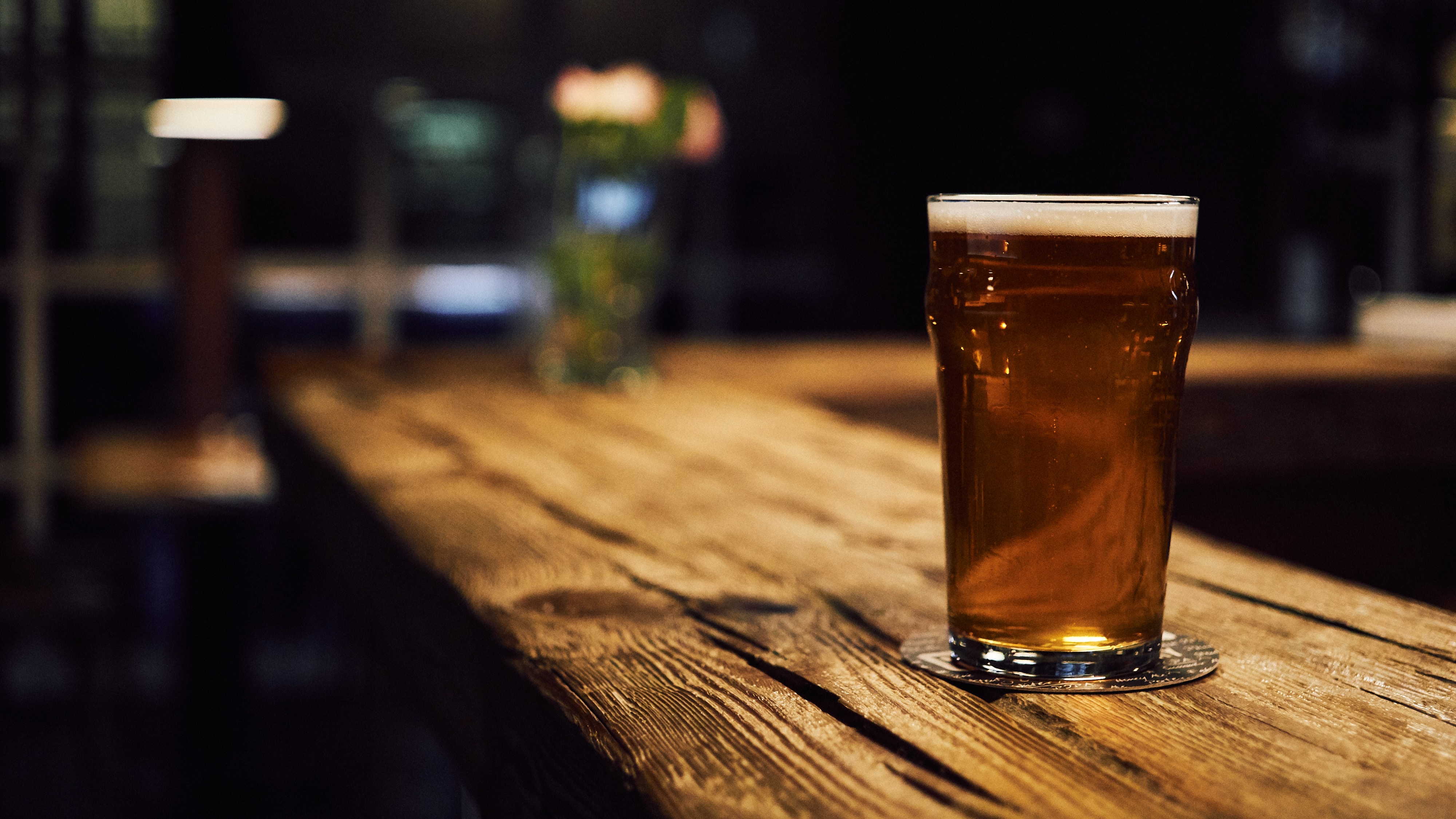Drinking is a part of life for many people and when it’s so common in society, it can be hard to tell the difference between someone who likes to have a few drinks now and then and someone with a real problem.
Feelings of stress and anxiety, for example, can cause our drinking to creep up, which can have both physical and psychological consequences.
The impact of alcohol on your mental health
Alcohol is a depressant. It may make you feel better at first, ultimately it may exacerbate any existing mental health concerns, particularly anxiety and depression.
Would you consider yourself to have dangerous alcohol habits?
There are messages we tell ourselves to normalise our drinking, which we need to watch out for. These include any of the following reasons:
- It helps me relax
- I deserve it, I’ve had a hard day
- I don’t feel good and alcohol cheers me up
- My mates drink way more than me, my drinking must be okay
- Everyone I know drinks
- I can’t stop right before Christmas or a celebration like a birthday, that’s anti-social
- My drinking can’t be that bad … I am still functioning and going to work
Knowing how much is too much can be confusing when it comes to alcohol. Most of us know when we have overdone it (usually the following morning) but it’s the cumulative, long-term effect that can creep up on us. Before we know it, we may have developed a drinking habit without even realising it, and we may be drinking more than we like or should.
Alcohol addiction
Alcohol addiction, also known as alcoholism, is a disease that affects people of all walks of life. The severity of the disease, how often someone drinks, and the alcohol they consume varies from person to person. Some people drink heavily all day, while others binge drink and then stay sober for a while.
It has no single cause; psychological, genetic, and behavioural factors can all contribute to having the disease, and factors like genetics, sex, race, or socioeconomic group may predispose someone to alcohol addiction.
Addiction can show itself in a variety of ways, depending on the severity of the disease and how often someone drinks. But regardless of how the addiction looks, we typically say someone has an alcohol addiction if they heavily rely on drinking and can’t stay sober for an extended period of time.
Some symptoms of alcohol addiction are:
- increased quantity or frequency of use of alcohol
- high tolerance for alcohol, or lack of “hangover” symptoms
- drinking at inappropriate times, such as first thing in the morning, or in places like church or work
- wanting to be where alcohol is present and avoiding situations where there is none
- changes in friendships; someone with an alcohol addiction may choose friends who also drink heavily
- avoiding contact with loved ones
- hiding alcohol, or hiding while drinking
- dependence on alcohol to function in everyday life
- increased lethargy, depression, or other emotional issues
- legal or professional problems such as an arrest or loss of a job
As an addiction tends to get worse over time, it’s important to look for early warning signs. If identified and treated early, someone with an alcohol addiction may be able to avoid major consequences of the disease.
It’s important to note that alcoholism is a real disease, therefore it has serious effects on the body and your wellbeing.
Although alcohol initially makes you feel more relaxed, the more you drink can lead to inhibition and it distorts your judgement. It can cause increased anxiety, depression and aggression, which can lead to coordination issues and blackouts. This in turn results in confusion, stupor and even coma. At this point it can affect your heart rate and breathing.
There is also a link between alcohol consumption, some cancers, dementia and liver disease, not to mention being extremely high in calories.
So what’s the advice around alcohol?
We say to drink a maximum of 14 units a week. That works out around the following amounts:
- Spirits – alcohol by volume (ABV) 37.5%: 14 single measures a week
- Average-strength lager – ABV 4%: seven pints a week
- Average-strength wine – ABV 12%: nine 125ml glasses, seven 175ml glasses or four 250ml glasses.
We also recommend you spread it evenly over the week, and not binge drink it all in one go.
Remember, the following morning you’re still likely to have alcohol in your system as well, so you shouldn’t get behind a wheel. It takes approximately one hour per unit to remove the alcohol from your system, however this varies from person to person. So if you’d had five pints one night, you shouldn’t drive until at least ten hours later. And women absorb alcohol faster than men and get rid of it more slowly.
If you’d like more information on alcohol, addiction, or knowing your limits, there are plenty of online resources available to you.
Here are some frequently asked questions around alcohol consumption, with answers from our experts.
To can also listen to our podcast episode on alcohol addiction here, or look at at a webinar we did on the dangers of too much alcohol on mental wellbeing here.
Explore our Wellbeing Hub
Whether you’re looking to improve your sleep, quit smoking, or overcome anxiety, we’ve got a host of online courses to help you take the first step on a journey to improve your health and wellbeing. Dive in, to find out more.

